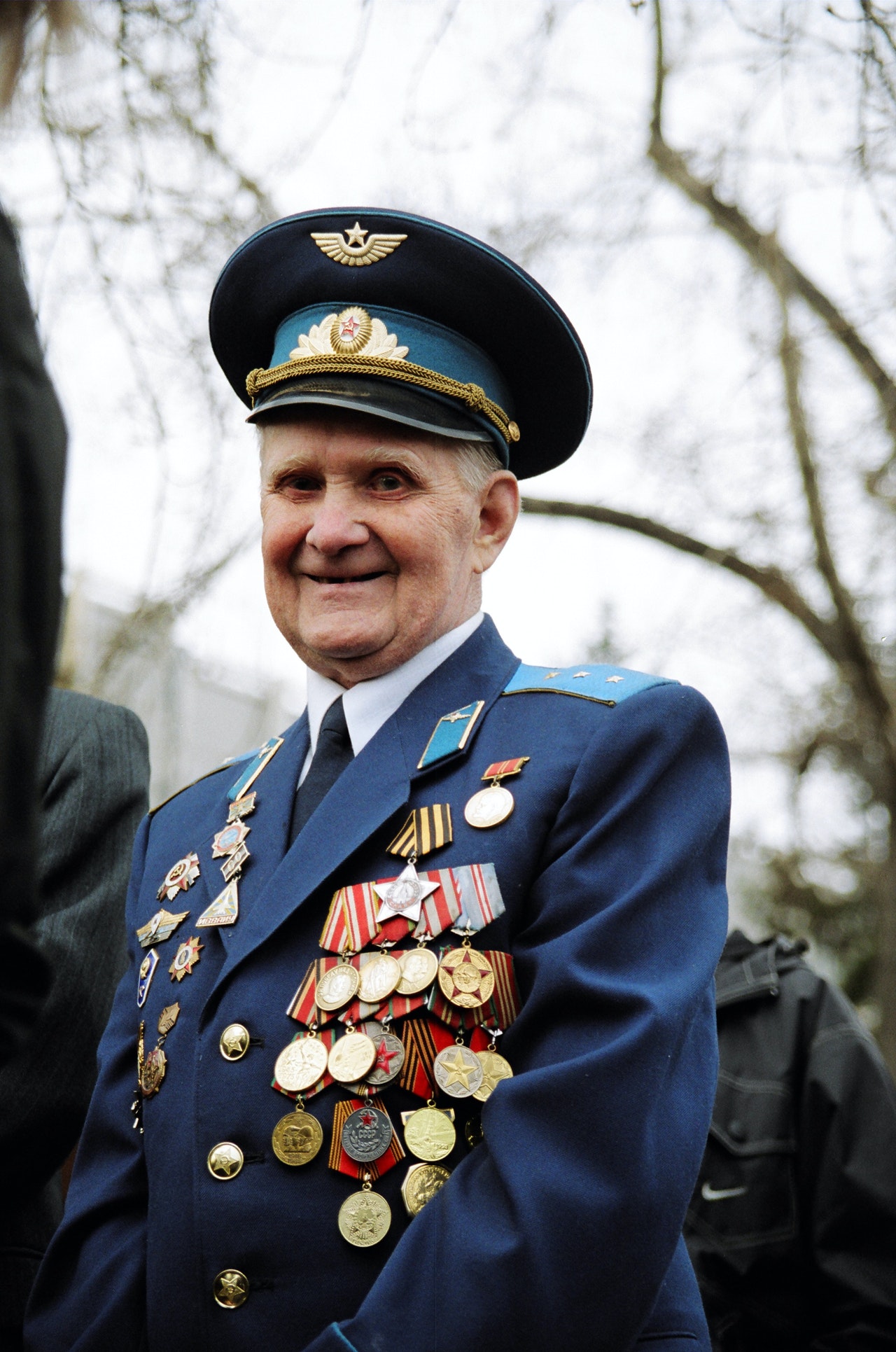
Image via Pexels
New Paths to Peace: Unique Ways for Veterans to Improve Mental Health
Transitioning from military to civilian life brings profound change. For many veterans, the shift involves not only adjusting to a new daily rhythm but also finding fresh ways to manage stress, anxiety, or emotional fatigue. While traditional therapy and support groups remain essential, there are unique, modern, and often creative methods that help veterans strengthen resilience, rediscover purpose, and improve mental health from the inside out. This guide offers practical, evidence-based approaches that build confidence, emotional stability, and lasting peace.
Key Points
- Veterans can strengthen mental health through unconventional and purposeful outlets such as nature therapy, mentorship, mindfulness, or creative expression.
- Career retraining and education can promote confidence and renewed identity.
- Consistency in small daily habits has a compounding effect on emotional wellness.
- Community engagement — not isolation — is key to long-term recovery.
- Resources, online programs, and veteran-focused initiatives make support more accessible than ever.
Redefining Purpose Through Career Reinvention
Purpose is a powerful antidote to mental fatigue. For veterans adjusting to post-service life, exploring new professional directions can provide motivation, structure, and meaning.
Pursuing a career shift — especially one that aligns with service, leadership, or caregiving — can open up deeply fulfilling opportunities. For instance, going back to school allows veterans to convert lived experience into specialized knowledge. Many find that flexible education paths enable them to explore fields such as counseling, social work, or public administration.
The benefits of an online degree in psychology extend far beyond career advancement. They empower veterans to study cognitive and emotional patterns that shape human behavior — skills that can help others who face trauma, reintegration challenges, or anxiety. With remote learning, veterans can balance coursework with family, therapy, or work commitments while steadily moving toward a new purpose.
Other excellent career resources include:
- Veterans Affairs Career & Education Programs
- Hire Heroes USA for job transition and resume support
Creative Expression as a Mental Health Tool
Art, writing, and music can bridge the gap between what veterans feel and what they can express. Studies show that creative activities lower cortisol, improve emotional regulation, and enhance mood stability.
Creative ideas that promote healing:
- Use journaling apps such as Daylio to track emotional states and progress.
- Explore veteran storytelling programs at Warrior Writers.
- Try music-based mindfulness playlists from Spotify that help with grounding and focus.
These methods reconnect veterans to self-expression, identity, and self-worth — essential aspects of recovery.
Alternative & Holistic Practices for Balance
|
Method |
Why It Works |
Where to Start |
|
Nature Therapy |
Time in green spaces reduces anxiety and improves sleep. |
Join veteran hikes via Team Red, White & Blue. |
|
Mindfulness Meditation |
Enhances focus and emotional regulation. |
Try free sessions through Insight Timer. |
|
Equine-Assisted Therapy |
Builds trust and reduces hypervigilance. |
Learn more at PATH International. |
|
Yoga for PTSD |
Reconnects body and mind through gentle movement. |
Follow guided routines from Yoga With Adriene. |
Beyond talk therapy, many veterans find relief through body-centered or outdoor practices that restore equilibrium.
Grounding and Daily Resilience
Daily Mental Reset Checklist for Veterans:
- Morning Routine: Practice 5 minutes of deep breathing or stretching.
- Connection: Reach out to one trusted person daily (friend, fellow vet, or family).
- Activity: Do one small task that gives you a sense of progress.
- Nature Exposure: Spend at least 15 minutes outdoors.
- Reflection: Write one thing you accomplished each evening.
- Sleep Routine: Turn off screens 30 minutes before bed.
Tip: Use habit trackers such as Notion or TickTick to visualize consistency — even micro-wins matter.
How-To: Managing Emotional Overload
Step 1: Recognize early signals.
Notice tension in your body, irritability, or emotional withdrawal — these are signs of rising stress.
Step 2: Apply grounding techniques.
Try the 5–4–3–2–1 method (five things you see, four you touch, three you hear, two you smell, one you taste).
Step 3: Engage your network.
Text a peer, mentor, or family member. Isolation magnifies anxiety; communication defuses it.
Step 4: Seek professional guidance.
Connect with trauma-informed therapists through BetterHelp or the Veterans Crisis Line.
Step 5: Rebuild habits slowly.
Progress comes from small, repeatable steps — not instant transformation.
Social Healing: Building Supportive Communities
Connection remains the backbone of recovery. Veterans who find purpose through community engagement often experience higher levels of hope and belonging.
Ideas for building meaningful connection:
- Volunteer with local youth programs via United Way.
- Join a veteran farming initiative such as Farmer Veteran Coalition.
- Explore adaptive sports with Disabled Sports USA.
- Participate in peer mentorship or local VFW meetups to share experiences.
Every interaction that reinforces purpose, collaboration, or generosity helps rebuild emotional structure after military life.
Product Spotlight: Noise-Canceling Headphones for Stress Relief
Many veterans struggle with sensory overload or intrusive noise in daily environments. Investing in noise-canceling headphones, such as the Sony WH-1000XM5, can help manage hyperarousal and create a calm personal space for mindfulness, music, or meditation. These devices support grounding techniques and can be paired with apps like Calm or Headspace for deep relaxation.
FAQ: Veterans’ Mental Health Questions
Q1: How can I tell if I’m experiencing anxiety or PTSD?
Look for recurring nightmares, avoidance behaviors, and hypervigilance. The National Center for PTSD offers online screening tools.
Q2: What’s one easy way to start therapy if I’m hesitant?
Try online counseling platforms like Talkspace for private, accessible sessions.
Q3: Can exercise help mental health?
Absolutely. Even 20 minutes of movement daily releases endorphins and lowers cortisol. Check out routines at Healthline Fitness.
Q4: What if I can’t afford therapy?
The Give an Hour initiative offers free mental health care for veterans and families.
Glossary
- Grounding Techniques: Methods used to bring focus back to the present moment.
- Equine Therapy: Healing approach involving guided interaction with horses.
- Mindfulness: Practice of being intentionally aware of the current moment.
- Hyperarousal: Heightened alertness often experienced in PTSD.
- Cognitive Regulation: Managing thought patterns that influence mood.
Healing is not about erasing memories — it’s about redefining how they live within you. Veterans who engage in creative, physical, and educational pursuits often rediscover the sense of mission that once drove them. Whether through art, service, or learning, these unique pathways lead not only to mental health but to renewed purpose, identity, and peace.
Discover vital resources and support for veterans at Vets Help Center, where your story matters and help is always just a click away.
![]()

